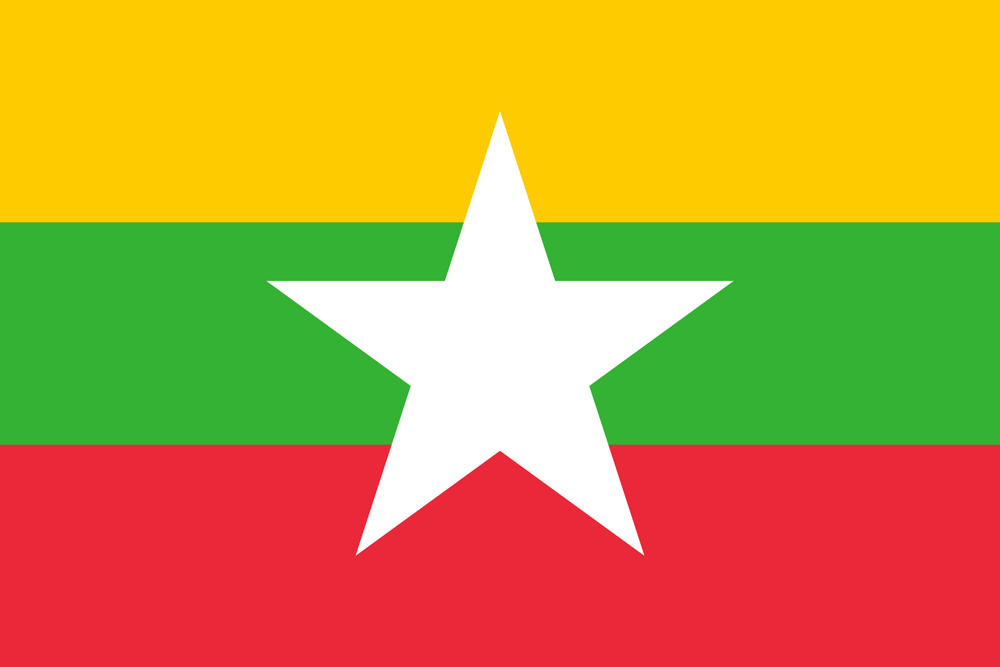In Myanmar’s first free election in nearly 50 years, the National League for Democracy (NLD) has won the majority vote.
Aung San Suu Kyi heads the NLD, which is the main opposition to the current government. However, she is banned from being president by the country’s constitution, which was drafted in 2008 by the ruling military, according to Reuters.
Myanmar has a sad and violent past. The current semi-civilian, military-backed government, the Union Solidarity Development Party (USDP), took power in 2011. Before 2011, Myanmar had been ruled by a military dictatorship for nearly 50 years. Today their slow emergence out of the darkness of total military rule is still set back by a constitution which, BBC reported, requires that the military hold 25 percent of the parliamentary seats and specifically bars Suu Kyi from being the president.
Suu Kyi is a Nobel Peace laureate and pro-democracy leader. She was put in detention—most of it under house arrest—for nearly 15 years by the military government, according to a biography released by Burma Campaign UK.
Suu Kyi’s popularity with the people of Myanmar is evident; a BBC News article gives an estimate of about 90 percent of the vote going to the NLD.
According to the New York Times, 298 seats of 491 were contested in Myanmar’s parliamentary house; of those, the NLD took 256, and the USDP took only 21 seats. Suu Kyi has said that if NLD wins, then someone else will be president and she will take a role “above” the president, but they have yet to name that person.
“If we win, and the NLD forms a government, I will be above the president. It’s a very simple message,”Suu Kyi told reporters.
Around 30 million of Myanmar’s 51 million citizens were registered to vote, and about 150 election observers from the European Union were on-site to oversee the results process, according to a Reuters report.
The military has conceded the election to Suu Kyi, according to a New York Times article, but this leaves out how peaceably the transition will go. In a letter released by the NLD on Wednesday, Nov. 11, Suu Kyi has asked to meet with the commander and chief of the military, Senior General Min Aung Hlaing.
Suu Kyi wrote, “It is crucial for the dignity of the nation that the people’s will, which was shown in the election of Nov. 8, be truly implemented in a peaceful and stable manner.”
Another factor in how peaceable the governmental shift will go is in the treatment of various minority groups in the country, such as the Rohingya Muslims population in northern Myanmar. The country is by majority Buddhist.
“Of the countries in Southeast Asia, except for Indonesia, Burma is the most ethnically diverse,” said Dr. Sharon Carstens, an anthropology professor at Portland State with a focus on Southeast Asia. Burma is Myanmar’s former name, though it is still widely used.
“Ethnic Burmans are the majority population, but there are very large ethnic minority groups that have had power, and you’ve had ethnic strife since the British left,” Carstens said.
Prior to the elections, Reuters reported on a radical sect of Buddhist monks who supported the USDP, in conjunction with some religious laws that the USDP pushed through in 2013.
Though there are various challenges in front of Myanmar, the voice of the people is being heard in the form of democracy.






